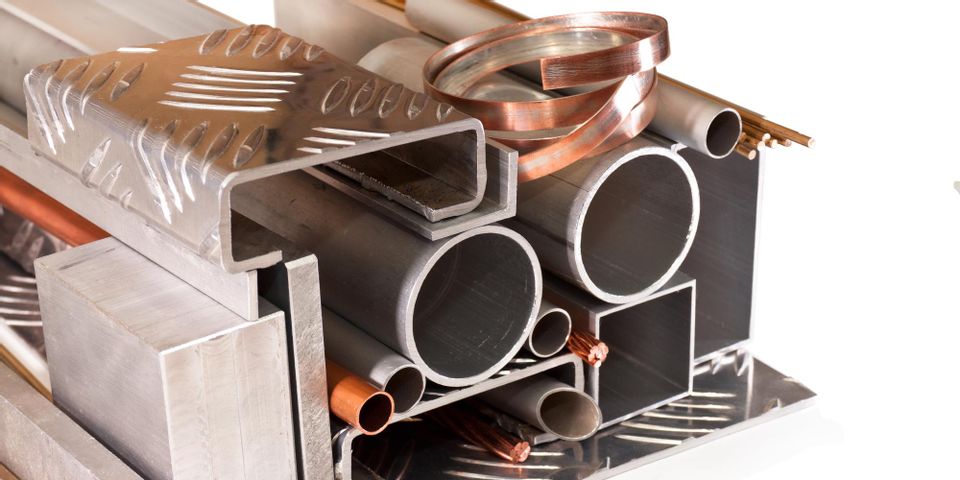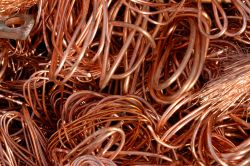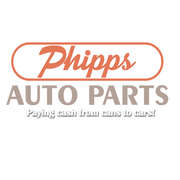
Whether you are thinking about taking that old car to the salvage yard or you have scrap metal left over after a home improvement project, one of the first things recycling plants will determine is whether the metal is ferrous or non-ferrous. While these complex terms may seem overwhelming, understanding the difference between metals can make metal scrapping more profitable.
Understanding Non-Ferrous Metal
What is non-ferrous metal?
On the periodic table, the symbol for iron is “Fe.” The word ferrous comes from that distinction, as metals that contain significant iron levels are referred to as ferrous. Naturally, non-ferrous metals are metals that do not contain high levels of iron.
Keep in mind that non-ferrous metals can contain trace amounts of iron. For instance, to be considered a non-ferrous metal, the iron content in the metal should be less than 1% of iron by weight. Ferrous metal, on the other hand, would have iron listed as the first or second most abundant compound by weight when metal is tested.
While chemical analyses can determine exactly which metal varieties are used in an alloy and how much they contribute to the overall weight of metal, one easy test for ferrous metal is magnetism. Ferrous metal is magnetic, while non-ferrous metal is not.
What are some common non-ferrous metals?
 Examples of non-ferrous metals include aluminum, copper, nickel, tungsten, titanium, zinc, silver, gold, and platinum. Non-ferrous metals tend to be worth far more than ferrous metals since many ferrous metals are alloys and used to create cast objects that are melted down and recycled. Non-ferrous metals tend to be precious and used in a variety of important applications, from electric cabling to engagement rings.
Examples of non-ferrous metals include aluminum, copper, nickel, tungsten, titanium, zinc, silver, gold, and platinum. Non-ferrous metals tend to be worth far more than ferrous metals since many ferrous metals are alloys and used to create cast objects that are melted down and recycled. Non-ferrous metals tend to be precious and used in a variety of important applications, from electric cabling to engagement rings.
Depending on what kind of non-ferrous metal you have on hand, it could be worth a great deal of money. Before you sell scrap metal, always look up the average national scrap metal prices, which could help you determine how much you could expect to get in return for that old ring, air conditioning exchanger, or coil of copper cabling.
If you have plenty of scrap metal sitting around your home and yard, think about cashing it in at Phipps Auto Parts. With a focus on transparency and treating customers right, this trusted team of professionals can help you scrap cars, old appliance parts, car components, and even old cabling. Learn more about earning cash for metal recycling by visiting their website, or calling their office at (513) 722-2034.
About the Business
Have a question? Ask the experts!
Send your question

